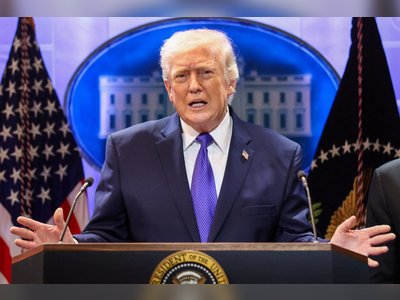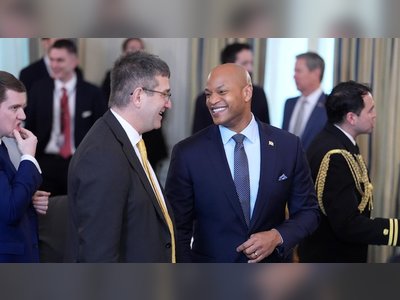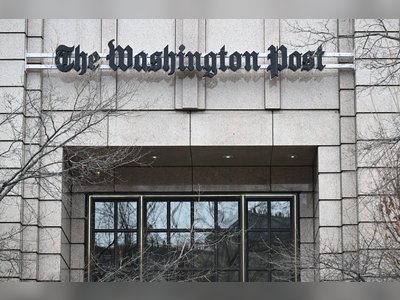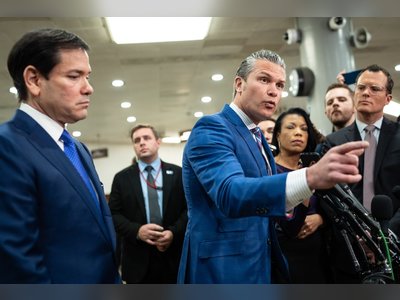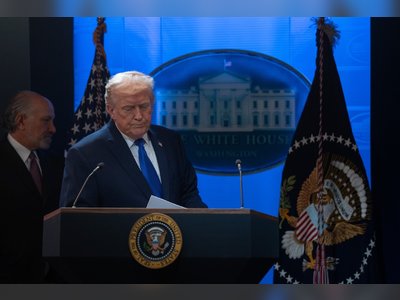EU-Israel Association Council Awaits as Humanitarian Concerns in Gaza Persist
The shift in EU diplomacy towards Israel's activities in Gaza coincides with leadership changes and pending diplomatic discussions.
Brussels – Since the leadership changes in the European Union institutions on December 1, 2024, there has been a noticeable shift in the EU's diplomatic stance regarding Israel's military actions in Gaza.
Under the previous administration led by Charles Michel and Josep Borrell, the EU maintained a consistent diplomatic pressure on Israel with repeated condemnations of alleged violations of international law.
However, since the new leadership of Antonio Costa and Kaja Kallas took over, there has been a notable silence amid ongoing humanitarian concerns in Gaza.
The shift can be observed by comparing the public communications of Borrell and Kallas.
Borrell consistently condemned Israeli military actions on civilians on his social media, while Kallas has yet to issue similar statements.
This change in focus was evident in early December when attention shifted towards the situation in Syria and away from Gaza during the EU Foreign Affairs Council meeting chaired by Kallas on December 16.
The humanitarian situation in Gaza remains dire, highlighted by the UN Office for the Coordination of Humanitarian Affairs (OCHA).
Between December 24 and 30, 203 Palestinian civilians were reported dead, and 574 others injured.
Notably, on December 27, the Israeli military shelled a building near Kamal Adwan Hospital, impacting health services and causing multiple casualties, including health workers.
Airstrikes in the vicinity of Al Awda Hospital resulted in the deaths of five journalists on December 26.
On January 6, Tom Fletcher, UN Under-Secretary-General for Humanitarian Affairs, made an appeal regarding escalating obstacles faced in delivering aid.
His examples included an attack at a food distribution point and interference with aid convoys.
Fletcher described these incidents as patterns of sabotage and disruption.
Despite these challenges, the EU leadership has remained silent, though a European Commission spokeswoman noted discussions between EU Crisis Management Commissioner Hadja Lahbib and Fletcher, emphasizing the need for respect for international humanitarian law.
Former EU diplomat Josep Borrell faced criticism for his approach towards Israel, which included proposals to suspend political dialogue, a suggestion that was not supported by EU member states due to concerns it could impede conflict resolution.
Borrell's tenure drew attention to the situation in Gaza, though substantive changes on the ground remain absent.
Kaja Kallas, now leading the EU's external action, has proposed convening an EU-Israel Association Council and a conference with the Palestinian Authority, but without focusing exclusively on human rights.
These diplomatic engagements are planned for early in the year, yet no dates have been set, and the Israeli government has not responded.
The humanitarian situation in Gaza remains a pressing issue, awaiting renewed diplomatic engagement.
Under the previous administration led by Charles Michel and Josep Borrell, the EU maintained a consistent diplomatic pressure on Israel with repeated condemnations of alleged violations of international law.
However, since the new leadership of Antonio Costa and Kaja Kallas took over, there has been a notable silence amid ongoing humanitarian concerns in Gaza.
The shift can be observed by comparing the public communications of Borrell and Kallas.
Borrell consistently condemned Israeli military actions on civilians on his social media, while Kallas has yet to issue similar statements.
This change in focus was evident in early December when attention shifted towards the situation in Syria and away from Gaza during the EU Foreign Affairs Council meeting chaired by Kallas on December 16.
The humanitarian situation in Gaza remains dire, highlighted by the UN Office for the Coordination of Humanitarian Affairs (OCHA).
Between December 24 and 30, 203 Palestinian civilians were reported dead, and 574 others injured.
Notably, on December 27, the Israeli military shelled a building near Kamal Adwan Hospital, impacting health services and causing multiple casualties, including health workers.
Airstrikes in the vicinity of Al Awda Hospital resulted in the deaths of five journalists on December 26.
On January 6, Tom Fletcher, UN Under-Secretary-General for Humanitarian Affairs, made an appeal regarding escalating obstacles faced in delivering aid.
His examples included an attack at a food distribution point and interference with aid convoys.
Fletcher described these incidents as patterns of sabotage and disruption.
Despite these challenges, the EU leadership has remained silent, though a European Commission spokeswoman noted discussions between EU Crisis Management Commissioner Hadja Lahbib and Fletcher, emphasizing the need for respect for international humanitarian law.
Former EU diplomat Josep Borrell faced criticism for his approach towards Israel, which included proposals to suspend political dialogue, a suggestion that was not supported by EU member states due to concerns it could impede conflict resolution.
Borrell's tenure drew attention to the situation in Gaza, though substantive changes on the ground remain absent.
Kaja Kallas, now leading the EU's external action, has proposed convening an EU-Israel Association Council and a conference with the Palestinian Authority, but without focusing exclusively on human rights.
These diplomatic engagements are planned for early in the year, yet no dates have been set, and the Israeli government has not responded.
The humanitarian situation in Gaza remains a pressing issue, awaiting renewed diplomatic engagement.




